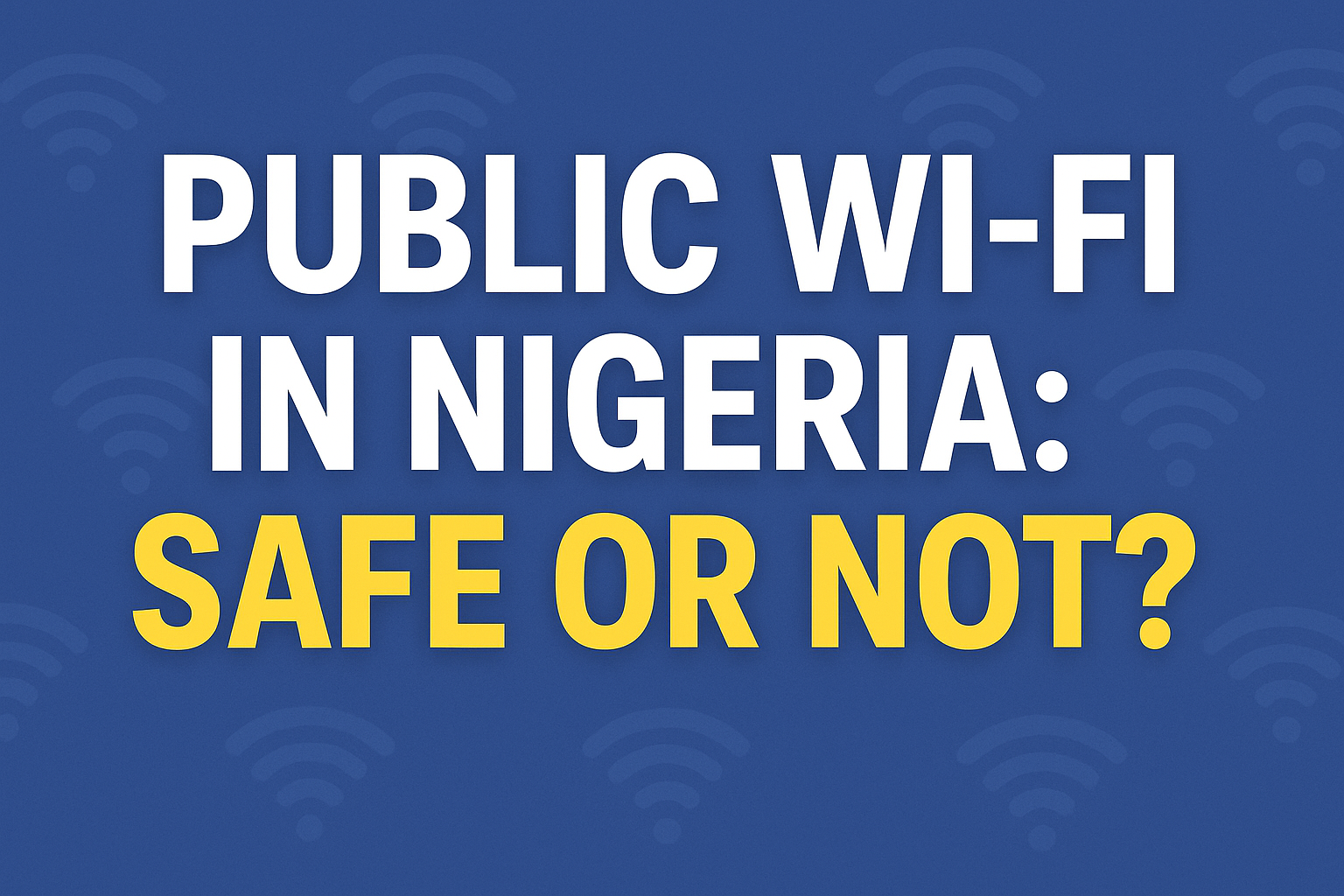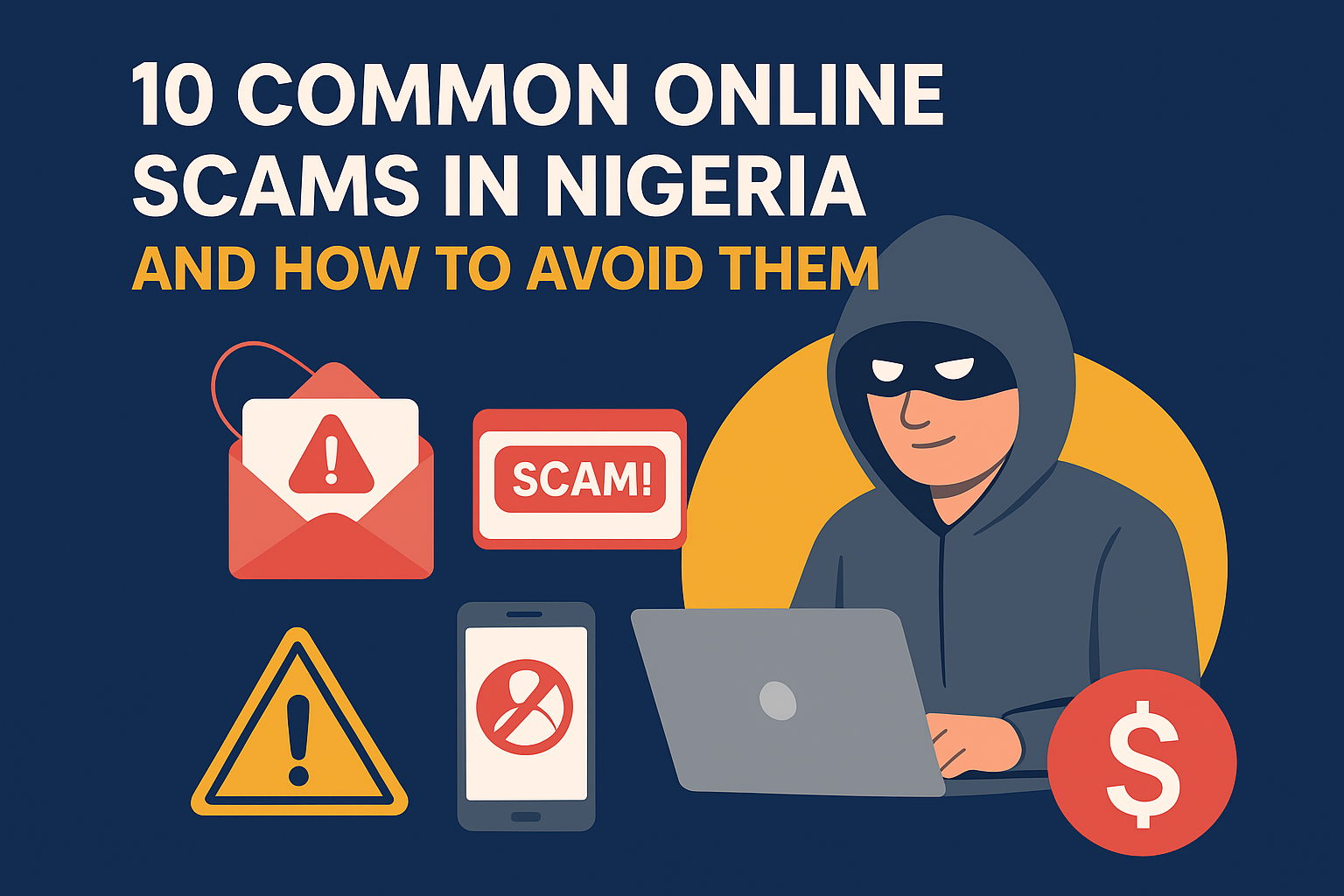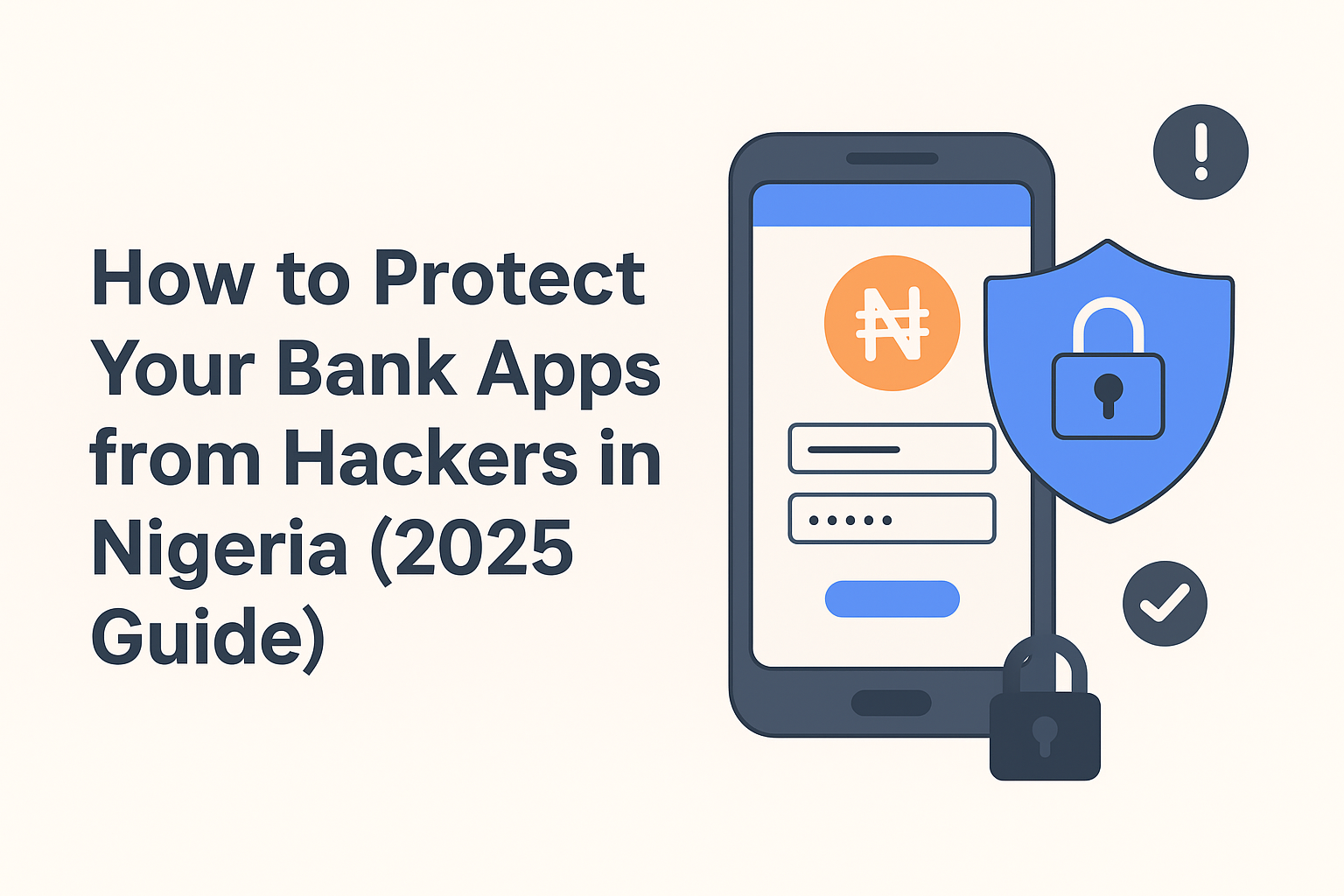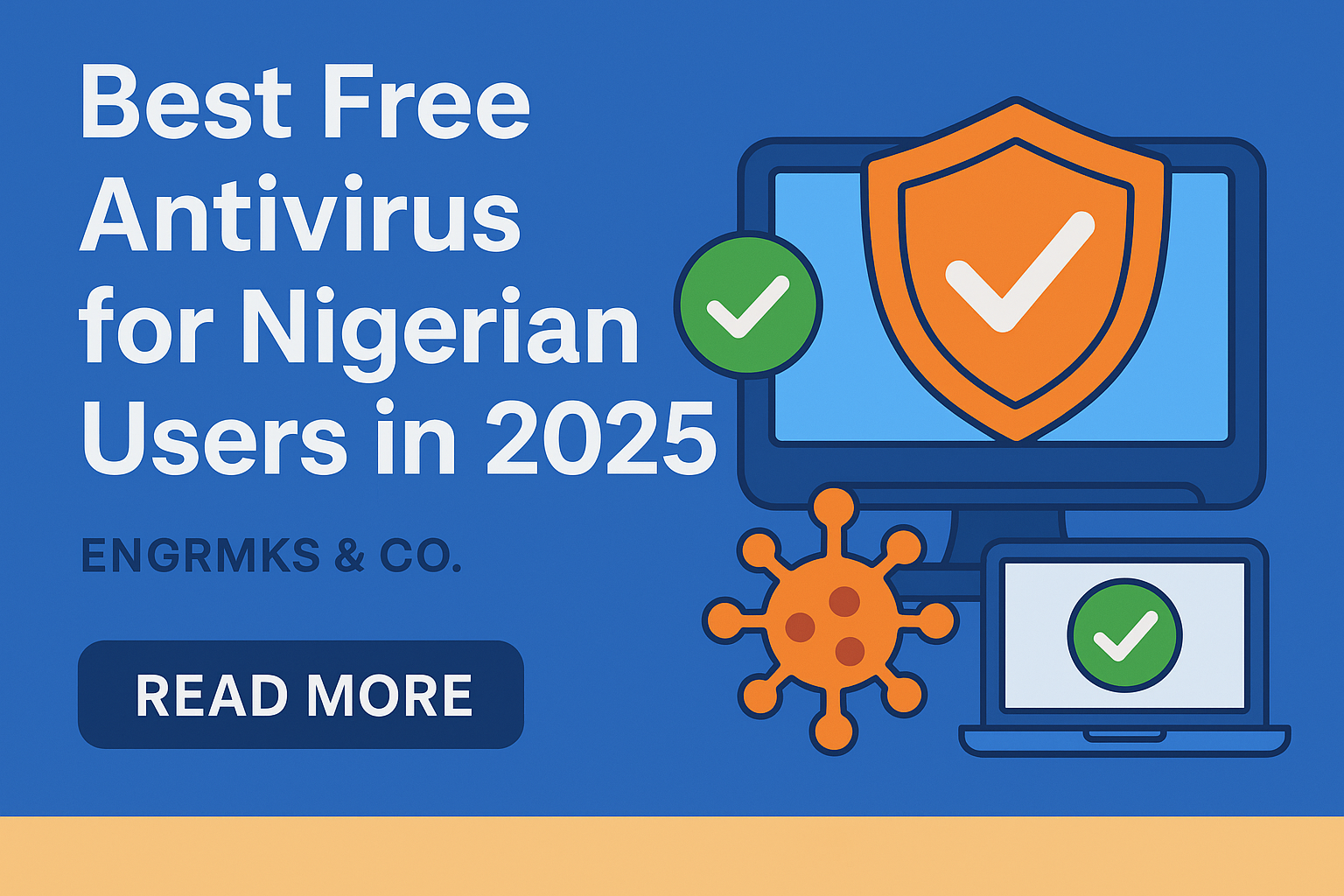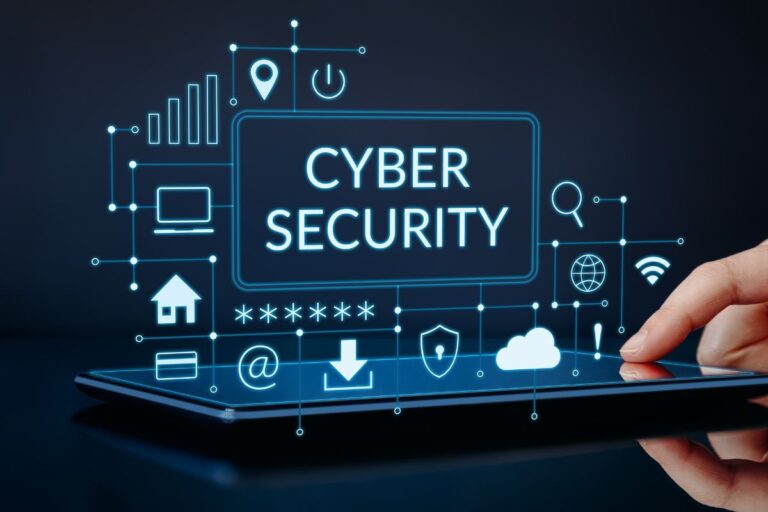Public Wi-Fi in Nigeria: Safe or Not?
Understanding Public Wi-Fi: An Overview
Public Wi-Fi refers to wireless internet access provided in public spaces, allowing users to connect without personal data subscriptions or private networks. In Nigeria, free Wi-Fi hotspots are rapidly growing in cafes, airports, malls, universities, and parks, thanks to both government initiatives and private enterprises.
The convenience of public Wi-Fi is especially valuable in Nigeria, where high mobile data costs remain a challenge. Public access points allow people to browse, work remotely, and communicate online at no extra charge.
Additionally, free Wi-Fi boosts digital inclusion, enabling Nigerians to access online education, job applications, financial services, and remote work opportunities.
But while it’s convenient, is public Wi-Fi safe in Nigeria? Let’s look at the risks.
Read Also: 10 Simple Ways to Protect Your Website from Hackers
The Risks Associated with Public Wi-Fi
1. Data Interception
Hackers can monitor unsecured networks, stealing sensitive data like passwords, banking details, and private messages.
2. Man-in-the-Middle (MITM) Attacks
Cybercriminals can position themselves between your device and the network, intercepting and even altering your data. Fake Wi-Fi hotspots with names similar to real ones are common traps.
3. Identity Theft
Public Wi-Fi makes it easier for attackers to collect personal information, which can be used for fraud and impersonation.
???? A 2022 cybersecurity report showed that 60% of Nigerian internet users have experienced online fraud or hacking attempts, many linked to public Wi-Fi.
Best Practices for Using Public Wi-Fi Safely
✔ Use a VPN (Virtual Private Network): Encrypts your data, making it harder for hackers to access.
✔ Avoid Sensitive Transactions: Don’t log into online banking or make purchases unless necessary.
✔ Check HTTPS Websites: Look for the padlock icon to ensure a secure connection.
✔ Update Your Devices: Keep your phone, apps, and antivirus updated to close vulnerabilities.
✔ Forget Networks After Use: Prevents auto-reconnecting to insecure hotspots.
✔ Verify Wi-Fi Names: Always confirm with staff in cafes or airports before connecting.
Following these cybersecurity tips will help Nigerians stay connected without compromising their online safety.
The Future of Public Wi-Fi in Nigeria
The future looks bright as both the government and the private sector invest in public internet:
- Government Programs: Expanding nationwide digital access.
- Telecom Companies: Deploying 5G and fibre networks for faster connections.
- Security Regulations: New policies to improve public Wi-Fi safety and protect user data.
With better infrastructure and awareness, public Wi-Fi in Nigeria is expected to become faster, safer, and more reliable.
Final Thoughts
Public Wi-Fi in Nigeria offers convenience and accessibility but comes with security risks. By using VPNs, avoiding sensitive tasks, and staying cyber-aware, Nigerians can enjoy the benefits safely.
As Nigeria continues its digital transformation, security must go hand-in-hand with connectivity.
Need professional help securing your online presence or setting up a safe digital solution? Contact ENGRMKS & CO. today. We’ll help you stay connected—safely.
???? Suggested Internal Links (for your site/blog)
- [How to Protect Your Website from Hackers]
- [10 Simple Ways to Improve Cybersecurity for Small Businesses]
- [The Future of Radio Broadcasting in Nigeria’s Digital Era]


